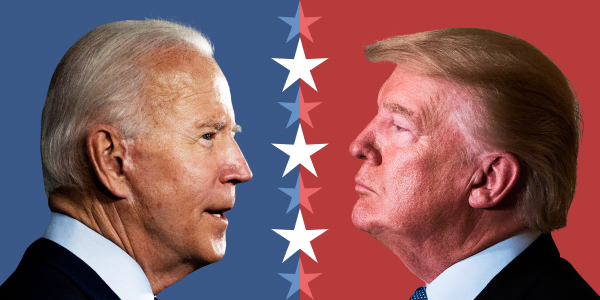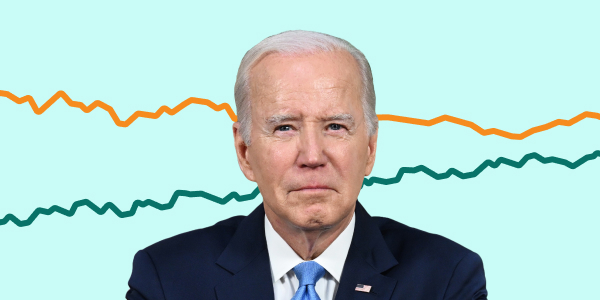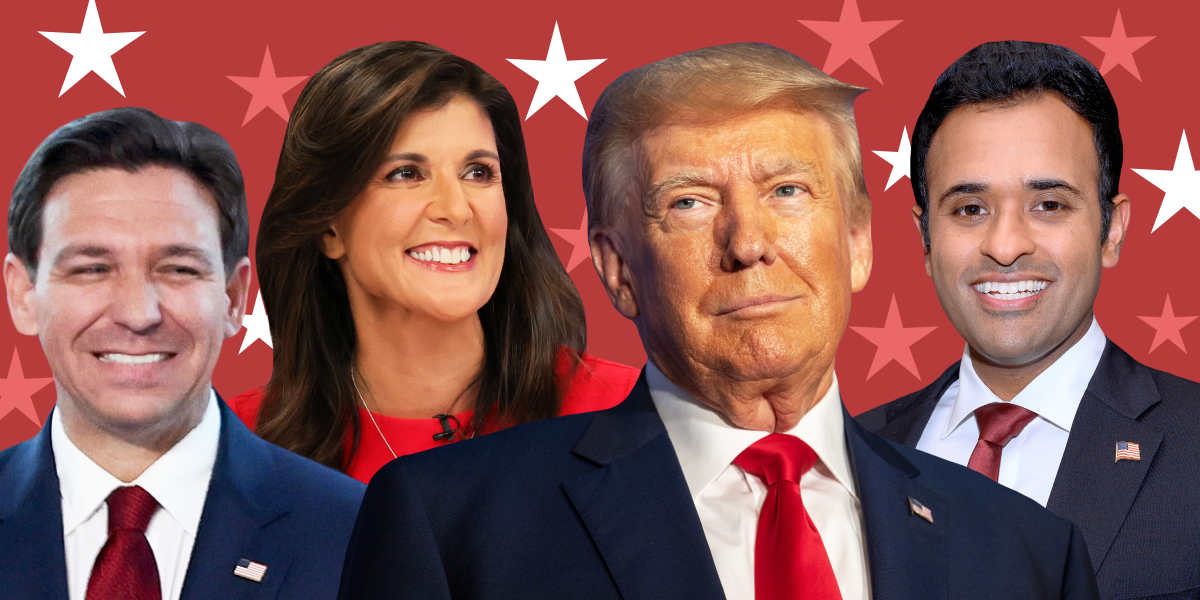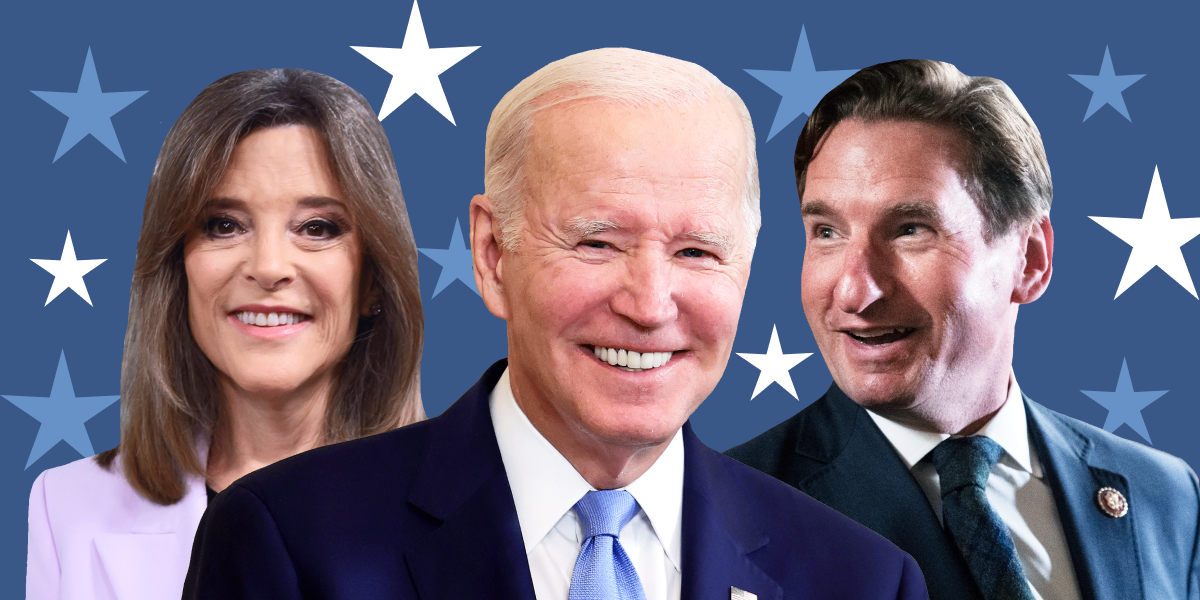Harris steps up efforts to reach Black men
By Cheyanne M. Daniels - 10/15/24, 5:55 PM EDT

Vice President Harris is stepping up her outreach efforts to Black men amid concerns that her support with the voting bloc is softening.
Harris is sitting down with Charlamagne tha God in Detroit on Tuesday and announced a raft of measures Monday aimed at appealing to the group.
Her efforts come amid signs that former President Trump is making inroads with Black men, and amid worries that Black male voters might not turn out at all in November.
“If Harris doesn't get above 90 percent [with Black men], then she's in trouble,” said Republican strategist Shermichael Singleton. “She really needs to energize Black voters and figure out a way to get them to turn out, particularly men.”
Concerns over Harris’s softening support with the demographic were underscored last week when former President Obama delivered a stark message to Black voters in Philadelphia, chastising them for “coming up with all kinds of reasons and excuses” for not backing Harris and pointing to her gender as a possible factor.
“Because part of it makes me think — and I’m speaking to men directly — part of it makes me think that, well, you just aren’t feeling the idea of having a woman as president, and you’re coming up with other alternatives and other reasons for that,” Obama said.
Other figures within the Democratic Party have also appeared to suggest that some Black men aren’t supporting Harris because she’s a woman.
Actor Ed O'Neill urged voters to “be a man: Vote for a woman” in a recent ad. During the Democratic National Convention in August, actor Wendell Pierce said Black men “have to look at their own inadequacy” if they had an issue voting for a Black woman.
“There are some men who flat-out cannot fathom the fact that you have a woman as the president,” said Chris Gunther, a popular on-air host.
Adding to the sense of urgency for Harris was a poll from The New York Times and Siena College that found warning signs for her with the voting bloc. Whereas 83 percent of Black women said they supported her, only 70 percent of Black men said the same.
The gender gap is particularly pronounced among young Black men, 25 percent of whom said they would support Trump in November over Harris.
“This is really the first election where both parties have had to fight for the Black vote,” Quenton Jordan, vice president of the Black Conservative Federation, told The Hill.
“In previous elections, the Black vote pretty much always went to the Democratic Party in large numbers. Now you have a Republican candidate and Donald Trump, who's talking to the issues of the Black community, specifically Black men. His message is resonating because he's talking about issues that families talk about at the dinner table and men talk about in the barber shops.”
Harris seems to be taking these signs seriously and has ramped up her appeals to Black men in recent weeks.
“Black men are no different from anybody else. They expect that you have to earn their vote,” Harris said in a recent interview with Justin Carter of The Shade Room.
She has announced an "Opportunity Agenda for Black Men," which includes providing 1 million small business loans with up to $20,000 in forgiveness; training and mentorship programs to help open the door to “high-demand” industries; and an initiative focused on addressing health issues disproportionately impacting Black men.
She has also vowed to legalize marijuana and ensure that Black men benefit from its business potential.
Meanwhile, Black leaders who support Harris have stepped up their criticism of Trump’s rhetoric — including Rep. Jim Clyburn (D-S.C.), one of the most powerful Black men in Congress.
While Clyburn said he doesn’t blame Trump for trying to build support among Black voters, he said he “pities” those who refuse to look back on his record of controversial — and sometimes racist — comments.
“Donald Trump has absolutely no respect for people of color,” Clyburn said. “He has demonstrated that time and time again. He did that with those five young men of color accused of a crime they did not commit, and he demonstrated what he thought about them, calling for the death penalty to be reinstated, spending his own money to take out a full page ad in The New York Times to do that. That is disrespectful. Any Black person who refuses to recognize that, I pity that person.”
“There are some people who [would] rather have favor from the master than to be free from the master, and if that's your problem, there's not much I can do about that,” he added.
Still, advocates acknowledge that there is work that needs to be done — by both parties — when it comes to building support with Black men.
“Because there's a lack of trust in the political infrastructure and candidates to do what they say they're going to do on behalf of Black men, we see brothers really choosing between the couch or the candidate, not between Republicans and Democrats,” said Mondale Robinson, founder of the Black Male Voter Project.
Part of the problem, Robinson said, is that neither campaign has spent time speaking directly to Black men.
“Both campaigns are doing a horrible job at reaching Black men. The efforts have been haphazard at best,” Robinson said. “This demographic has seen themselves be victims of politicians and political systems in a way that no other demographic in America can.”
Robinson pointed to the issues of police brutality, in which Black men are killed by police officers at higher rates than other demographics. Black men also have some of the worst health care outcomes. And studies have shown they have a harder time escaping poverty than their white counterparts.
Observers say candidates often speak to Black men only on issues of criminal justice.
“Somehow we get pegged with that as if we're a one-legged stool or one-trick ponies,” said Antjuan Seawright, a Democratic strategist. “The fact of the matter is we care about the economy. We care about health care. We care about education. We care about an environment that's cleaner and greener and better than we found it. We care about all the things that every other constituency cares about.”
Black men have consistently felt unheard when they voice these concerns, observers say. As such, Democrats have been slowly losing Black voter support for years, with Republicans steadily making gains.
Republicans, meanwhile, argue that Trump’s tough messaging resonates with the voting bloc.
“I think some of these younger Black men look at Trump and they think, ‘Well, hey, I think he's going to do better on the economic front. I think he's going to be stronger on immigration,’” Singleton said. “When Trump comes out and says, ‘If Iran does this, we're going to bomb the hell out of them,’ a lot of guys like that because a lot of guys say ‘this is what we need in a leader. We need someone who's not going to take any crap from anybody.’”
What the election cycle has undeniably shown, said Rep. Steven Horsford (D-Nev.), is that Black men are not a monolith.
“We don't all think alike. We don't all vote 100 percent alike, nor should we. We have the right to have a political perspective and to hold anyone running for any office accountable,” Horsford, chair of the Congressional Black Caucus (CBC), told The Hill’s "The Switch Up" podcast.
Still, Horsford — and a majority of the CBC — are working to elect Harris.
“I think it's time to turn the page, and I'm going to do everything that I can to make sure that Black men know the record, and when they know the record, and the choices between the two options — one that's about moving us forward or one that wants to take us back — I believe that Black men, as all Black voters, will choose Kamala Harris and Tim Walz on their ballot,” Horsford said.


















